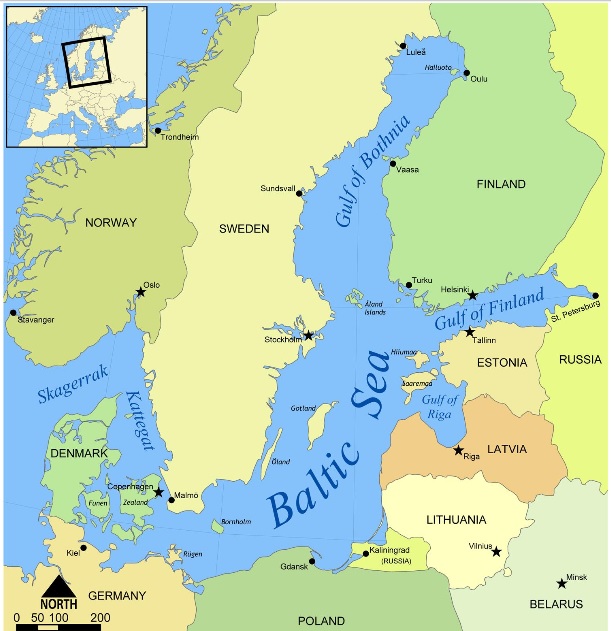This weekend in a conference in Helsinki, Finland organised by the “No to war, no to NATO” campaign and hosted by peace and anti-war organisations from Sweden and Finland, a string of experts, diplomats and peace campaigners echoed the sentiment expressed by the opening speaker Markku Kangaspuro of the Finnish Peace Committee that “NATO is not the solution for security in the Baltic”.
This conclusion comes in response to moves within both Sweden and Finland to seek closer ties with NATO and eventual membership of the military alliance of 28 European and North American countries: the reason why this conference was organised.
Expanding on this conclusion Kangaspuro explained, “It would be a mistake to expand NATO to Finland and Sweden. There is no military solution for common security. Russia is too big. The only way to deal with them is through politics, diplomacy, trust and cooperation.”
The Norwegian Ingeborg Breines from the Nobel Peace Laureate organisation, International Peace Bureau, in her presentation pointed out the historical importance of Helsinki for peace and security in Europe, being the place where the Helsinki Accords were signed in 1975 that established the Organisation for Cooperation and Security in Europe, a body that was designed to build trust among European nations during the time of the Cold War.
Commenting on the build-up of tension in the Baltic area she said, “There is an insane militarisation that we don’t need, can’t afford and maybe can’t survive.”
Among the speakers on day 1 of the conference was Elsa Rassbach from Code Pink in Germany who presented the current situation of US bases around the world, and in Europe specifically, and the role of Ramstein air force base in Germany as a centre of US operations, fundamental to US intelligence, surveillance and drone operations. “In fact, the CIA is charge of NATO,” she asserted.
Later on in the day Oleg Bodrov, (Chair of Interregional Environmental Movement Green World) from Russia spoke about the role of “closed cities” in that country and the secrecy that surrounds them and the power they exert over Russian politics.
Following Bodrov was Claudia Haydt of the political party Die Linke in Germany who spoke instructively about the role of the media, propaganda and misinformation in the public discourse.
A final panel was held that dealt with the subject of Ukraine in which Leo Gabriel from the World Social Forum in Austria explained that the conflict is not a war between people, it’s a war between oligarchs and the importance of civil society organisations to establish links with people on both sides of the dispute and to communicate as much as possible in order to bring down the barriers of mistrust that the media and politicians have established.
The conference continues on Sunday 6th September.










